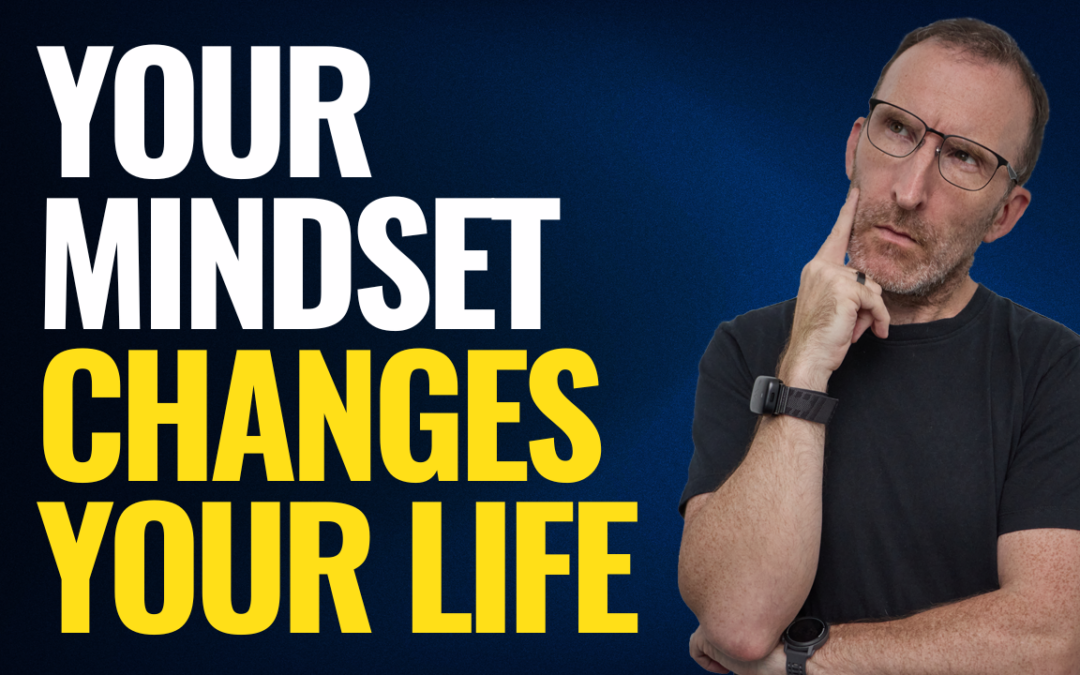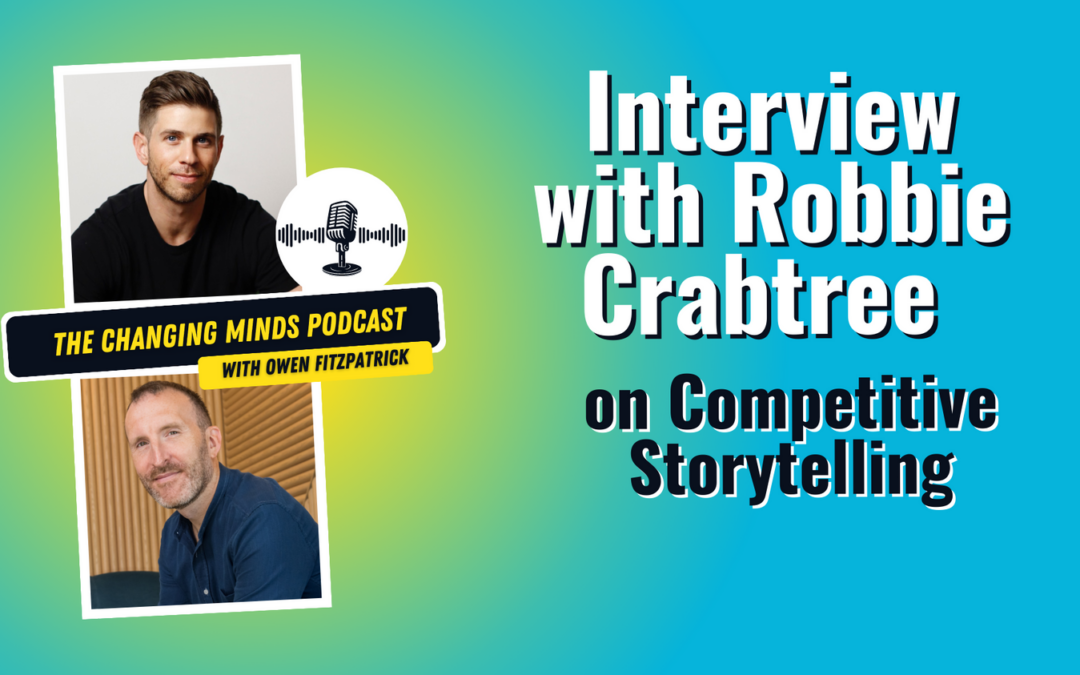I explore 10 remarkable books that unlock the secrets of storytelling. From ancient wisdom to modern frameworks, these books provide invaluable insights into crafting narratives that inspire, engage, and transform.
- Poetics by Aristotle
- Aristotle’s foundational work highlights the mechanics of storytelling, emphasizing plot as the soul of any narrative.
- Key principles:
- Plot structure: Every story should have a clear beginning, middle, and end.
- Unity of action: Remove anything that doesn’t drive the main narrative forward.
- Reversal and recognition: Introduce unexpected turns and moments of realization.
- Catharsis: Leave the audience emotionally resolved and transformed.
- Story by Robert McKee
- A comprehensive guide to understanding and mastering story structure, particularly for screenwriting.
- Key insights:
- Change drives storytelling: Each scene, beat, and act must reflect change.
- Inciting incidents: Disrupt the status quo to propel the narrative.
- Conflict is critical: Internal and external conflicts create engaging momentum.
- Scene structure: Every scene must have a turning point to maintain engagement.
- Wired for Story by Lisa Krohn
- Explores how storytelling connects to our brains’ natural tendencies.
- Key lessons:
- Curiosity gaps: Start with a question to hook your audience.
- Cause and effect: Ensure events are logically connected.
- Emotional immersion: Use vivid details to deepen the audience’s connection.
- Raise stakes: Elevate internal and external stakes to heighten engagement.
- The Hero with a Thousand Faces by Joseph Campbell
- Introduces the Hero’s Journey, a universal structure found across myths and cultures.
- Key stages:
- Call to adventure: Disrupt the ordinary world.
- Refusal of the call: The hero initially resists.
- Trials and growth: Challenges lead to transformation.
- Return with wisdom: The hero brings insights back to their world.
- A Swim in a Pond in the Rain by George Saunders
- Analyzes Russian short stories to uncover storytelling mechanics.
- Key takeaways:
- Details matter: Small actions reveal profound depth.
- Tension and resolution: Essential for narrative momentum.
- Absurdity in stories: Even fantastical premises can expose universal truths.
- The Storytelling Animal by Jonathan Gottschall
- Examines the human tendency to interpret life through narratives.
- Key points:
- Conflict is essential: It engages and inspires.
- Empathy through fiction: Stories help us understand others’ perspectives.
- Narratives drive societal change: They shape public opinion and behavior.
- The Story Paradox by Jonathan Gottschall
- Explores the double-edged nature of storytelling.
- Key insights:
- Stories unite and divide: Their power depends on intent.
- Emotional narratives bypass rationality: They influence beliefs powerfully.
- Critical thinking: Essential for discerning truth from compelling fiction.
- The Science of Storytelling by Will Storr
- Focuses on how storytelling aligns with brain processes.
- Key takeaways:
- Character flaws: They drive conflict and growth.
- Suspense and uncertainty: Keep audiences hooked with delayed resolutions.
- Mirror neurons: Stories create empathy by making us feel as if we’re experiencing the narrative.
- Building a Story Brand by Donald Miller
- A practical framework for using storytelling in marketing and sales.
- Key strategies:
- The customer is the hero: Position them at the center of the story.
- Clear messaging: Simplicity drives engagement.
- Three types of problems: Address external, internal, and philosophical challenges.
- Empathy and authority: Build trust by showing you understand the problem and can solve it.
- Resonate by Nancy Duarte
- A guide to using storytelling in presentations to connect emotionally and intellectually.
- Key lessons:
- Story arc: Structure your presentation with contrasts and turning points.
- Contrast what is with what could be: Highlight the gap to inspire change.
- STAR moments: Create memorable moments through visuals, soundbites, or interactive experiences.
- Tailor your message: Focus on the audience’s needs and values.
From ancient storytelling mechanics to modern business applications, these 10 books offer invaluable lessons for anyone looking to master storytelling. Whether you’re crafting a novel, a marketing pitch, or a presentation, these principles will elevate your ability to connect, inspire, and drive action.
Podcast: Play in new window | Download







